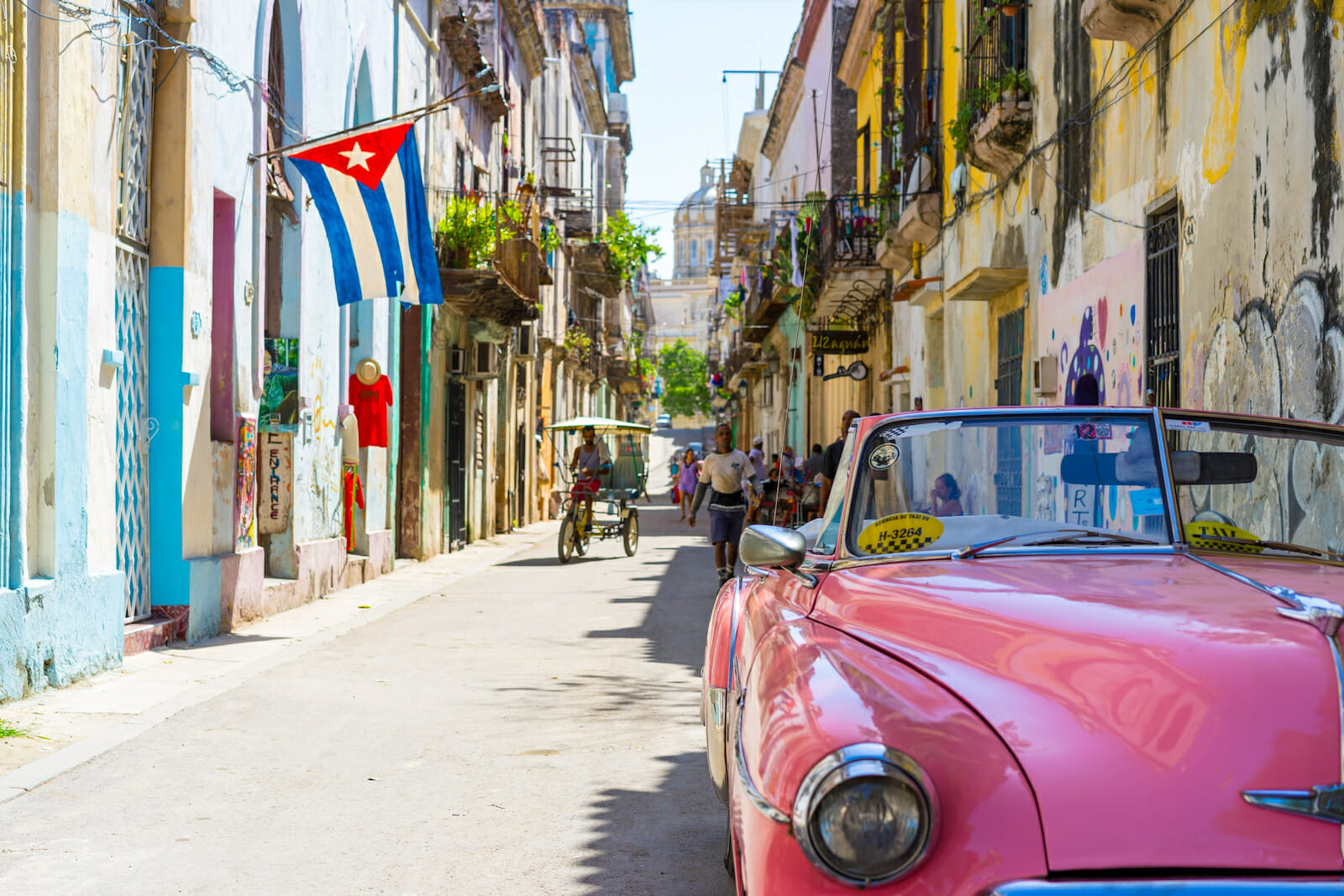Sixty Years of Failure: Time to End the Cuban Embargo Duncan Mathewson – International Policy Digest

The Cold War was fought around the world, in Vietnamese jungles and a divided Berlin. The peaceful demise of the Soviet Union should have brought it to an end. But ninety miles from the Florida Keys, the Cold War continues.
Since 1962, the United States has imposed an economic embargo against the island of Cuba, prohibiting travel, trade, and commerce with the communist regime. This outdated policy has achieved little, alienated many, and done little to endear America to the world. It is time to end our nation’s economic embargo against Cuba.
During the Cold War, the policy had some merit. Clad in his army fatigues and with cigar in hand, Fidel Castro railed against the United States. He found an ally in the Soviet Union. After a botched invasion at the Bay of Pigs and the Cuban Missile Crisis, the U.S. decided to punish and isolate Cuba. Yet the embargo did not force political reform, nor did it topple the communist regime. It has been a source of strain and animosity ever since, poisoning relations between Havana and Washington. It is now time to embark on a new chapter in American-Cuban relations.
By lifting the embargo, we can lift the Cuban people, who have long suffered from misguided policies that hurt more than they help. Their access to low-cost goods and services will fuel private-sector growth. Lifting the embargo will bring change and potential political reform in Cuba. Through our engagement, we can usher in a new age of bilateral cooperation, and realign our relationship with our regional partners. Lastly, by lifting the embargo, we will rid ourselves of an antagonistic policy that has outlived its era and its purpose. No longer are we battling Soviet proxies in the jungles of Latin America. Soviet missiles no longer dot Cuban beaches. Cuba is not an existential threat to the United States. The world has changed so much in the past half-century, and so must our policy.
Support for the embargo is largely symbolic, a rallying cry for Cold Warriors mentally stuck in 1962. Instead of collapsing, the Cuban economy has adapted. It enjoys normal trade relations with the rest of the world. Ardent anti-communists may eagerly denounce Cuban communism, but they have no qualms with engaging China or Vietnam, both communist countries. On those countries, the chorus of criticism is silent. Critics of lifting the embargo are relying on tired rhetoric and outdated conceptions of the island nation, much to the detriment of U.S. policy and the Cuban people.
The embargo was meant to advance American interests in the region. Instead, it is proving to be a hindrance. Known by Cubans as “el bloqueo” (the blockade), this policy is denounced the world over. For 28 consecutive years, the United Nations General Assembly has voted to condemn the embargo against Cuba, with an overwhelming majority of 187 countries standing in opposition. Only two countries, Colombia and Ukraine, opted to stand with the United States. It stands in the way of progress on a host of pressing hemispheric issues, including anti-narcotic operations, smuggling, human trafficking, and more. We cannot address these issues when we have an entire hemisphere arrayed against us. In an age where transnational issues dominate the agendas of policymakers, the United States cannot address these issues unilaterally. We need a policy that prioritizes results, not rhetoric.
Fidel is dead, Raúl is no longer president, and Cuba is no longer a patron of the Soviet Union. Old age finally did what sanctions and covert assassination attempts could not – and now it is time for change. The way to achieve structured, measured reform in Cuba is through engagement, not isolation. Diplomacy, not destruction, is the way forward.
While speaking at the 1962 Orange Bowl in Miami, President Kennedy praised the bravery of Cuban exiles who had fought at the Bay of Pigs. Upon receiving the flag of Brigade 2506, an emotional Kennedy declared that “this flag will be returned to this brigade in a free Havana.” The young president’s promise has yet to materialize, nor will it until our policies change. Only by ending the embargo can we bring to Cuba the promises and potential of freedom.
If you’re interested in writing for International Policy Digest – please send us an email via submissions@intpolicydigest.org